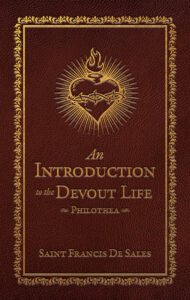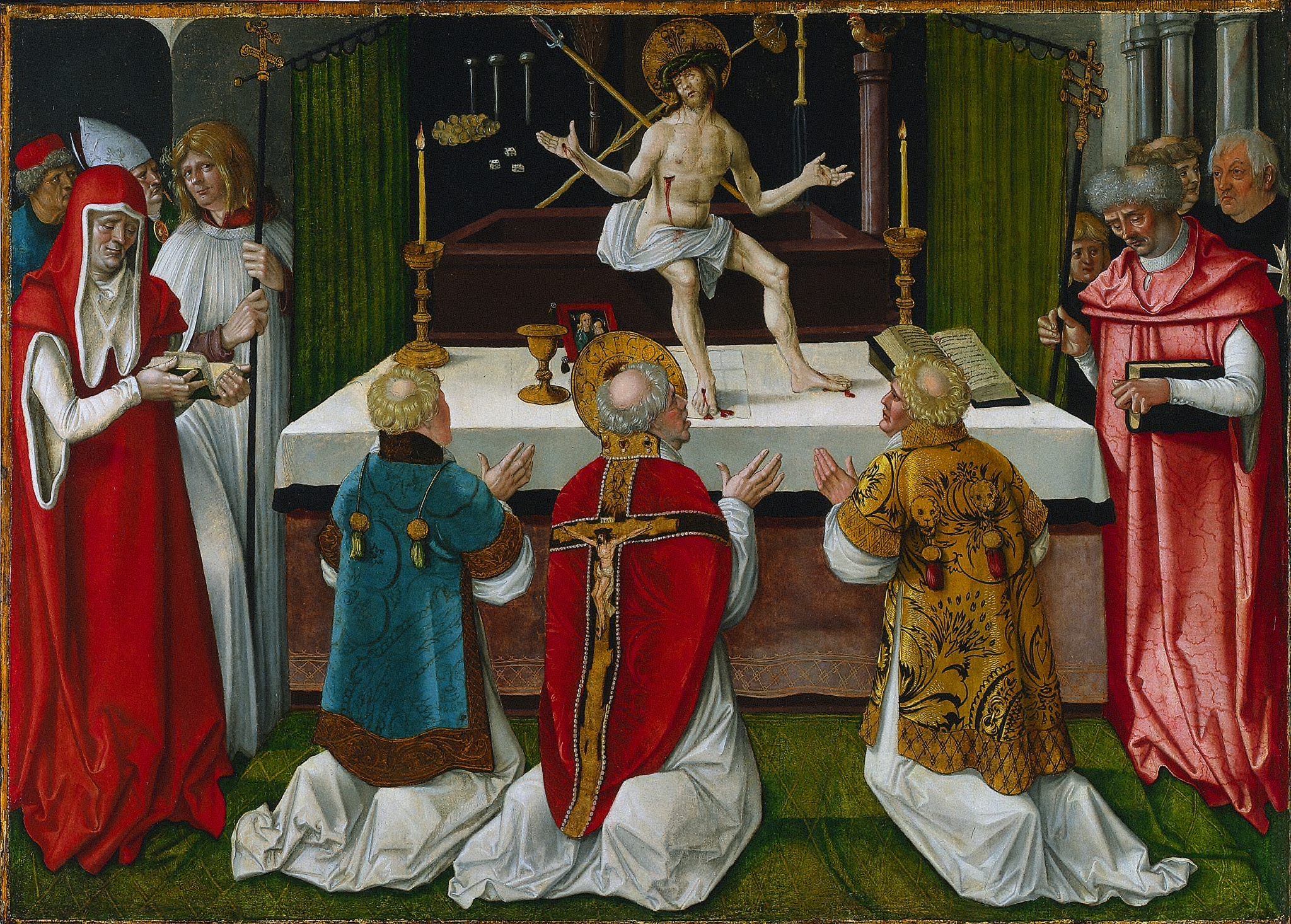The first purification to be made is that of sin, and the means—the holy Sacrament of Penance. Seek the best confessor that you can, take some one of the books prepared for the aid of conscience, read it carefully, and observe minutely wherein you have sinned from the earliest period up to the present time, and if you distrust your memory, write down what you discover. Having thus examined and collected the sinful wounds of your conscience, detest them, and with your whole heart reject and abhor them by contrition; remembering these four things, viz., that by sin you have lost God’s grace, forfeited Heaven, merited Hell, and renounced the eternal love of God.
You see, Philothea, that I am now speaking of a General Confession of the whole past life, which although not always absolutely necessary, I still hold to be a most profitable beginning, and recommend it strongly. The ordinary Confessions of those who live a commonplace material life are full of faults. Frequently they make little or no preparation, and come without the requisite contrition; and therefore confess with a tacit intention of repeating their sins, since they will neither avoid the occasions of falling, nor take the needful steps for amending their lives; to all such a General Confession is requisite to assure the soul.
Furthermore, it increases our self-knowledge, incites a healthy sorrow for our past sins, fills us with admiration of the patience and mercy of God, calms our heart, relieves our mind, excites in us good resolutions, enables our spiritual Father to guide us with more certainty, and opens our heart to speak fully and with confidence in our future Confessions. Therefore, in preparing for an entire renewal of the heart, and dedication of our soul to God, in commencing a devout life, I do not hesitate to recommend as a first step this General Confession.
General Confession – taken from The Catechism Explained by Rev. Francis Spirago
1. By a general confession is meant the confession of all the sins we have committed within a considerable period of time. Dwelling-houses are swept and cleaned every week, but at longer intervals a thorough cleansing is necessary; the ceilings are white-washed, the floors are scrubbed. It is the same with our soul; we cleanse it frequently during our lives by confession, but occasionally we purify it more fully by a general confession.
2. A general confession is profitable because it produces in us greater self-knowledge, deeper humility, increased tranquillity of conscience, and obtains many graces from God. It produces greater self-knowledge, because it brings many hidden sins to light. If we fish with a rod or a net, not many fishes are caught, for they shelter themselves under the banks; but if all the water is drawn off the pond, all the fish come to sight. The difference between ordinary confession and a general confession is much the same. It also deepens humility. A small troop of soldiers attacking the enemy has not the same force as the whole army; so the sins we confess from time to time have not the same power to humble our pride as the whole array when disclosed by a general confession. It increases tranquillity of conscience. When a steward has to make up his accounts to his master, he is afraid lest some error should be detected; but when they are all looked over and found correct, his mind is at rest. So it is with confession. It also obtains great graces from God. Just as a beggar excites more commiseration if he tells the full tale of his woes, so man appeals more strongly to the compassion of God, and obtains more graces from Him, if he humbles himself by the acknowledgment of all his misery and frailty. With many persons a general confession has inaugurated a new life. Hence we may conclude that it is a means of obtaining a large measure of grace.
3. A general confession is indispensable, if an invalid confession has once been made; it is also advisable in the case of persons who are entering upon a new state of life, or who are in danger of death. What has already been said upon concealment of sins in confession need not be repeated here. People about to be married, or clerics on the eve of ordination, ought to make a general confession. What consolation for the dying to know that the affairs of their soul are all well-ordered! Scrupulous persons should be forbidden to make a general confession; for them the practice of obedience is more salutary.
The first part of this article is taken from a chapter in An Introduction to the Devout Life by St. Francis de Sales, which is available from TAN Books.

The second part of this article is taken from a chapter in The Catechism Explained by Rev. Francis Spirago, which is available from TAN Books.








